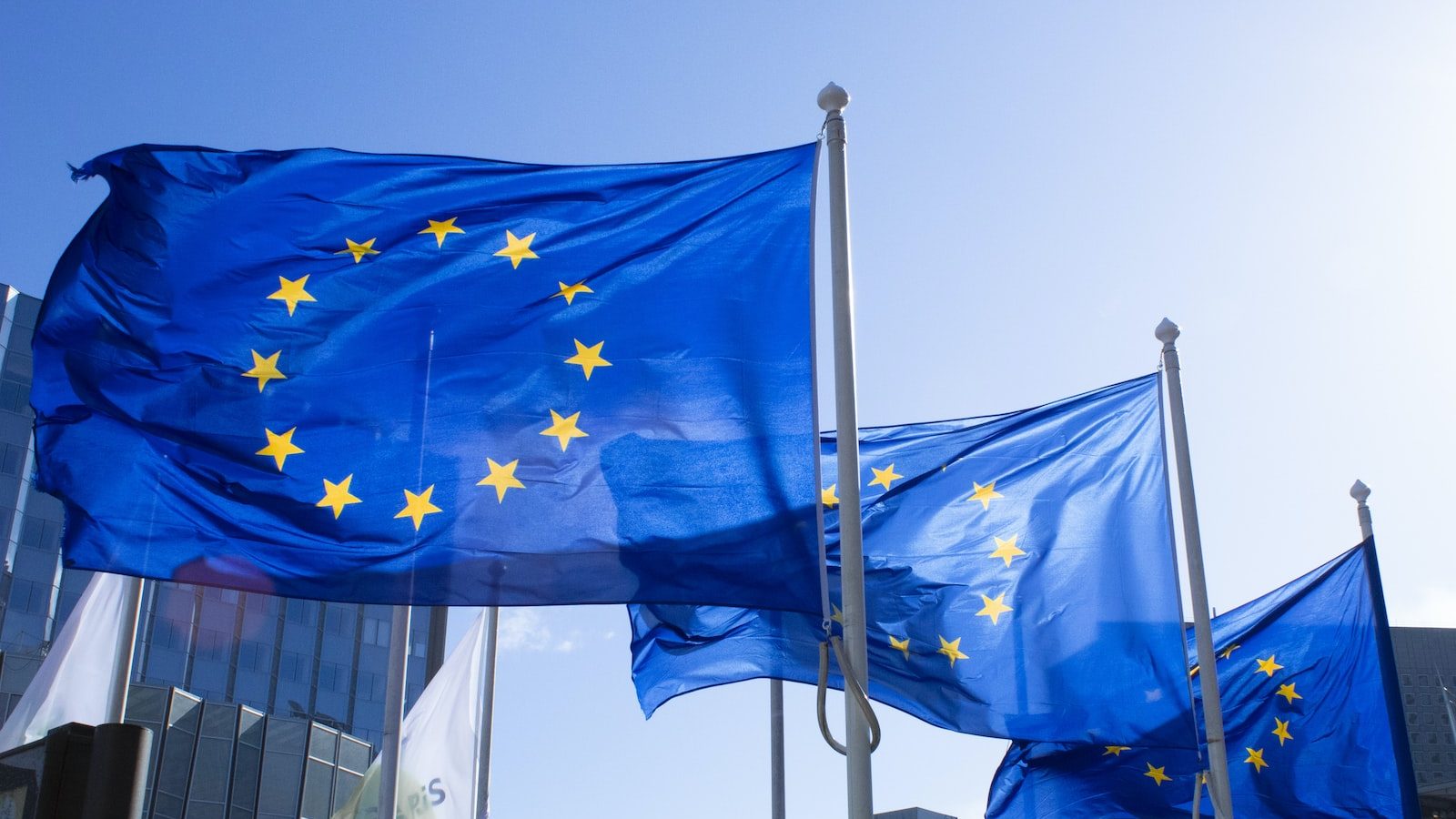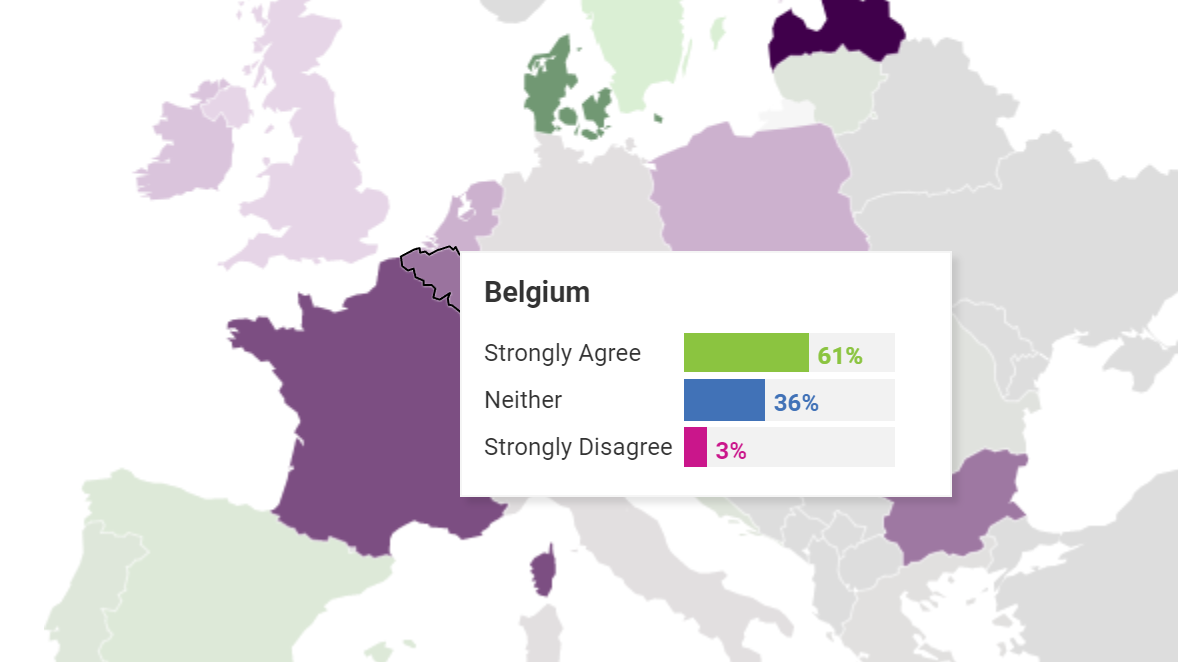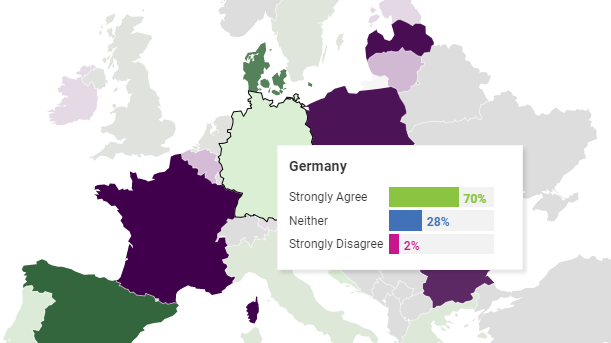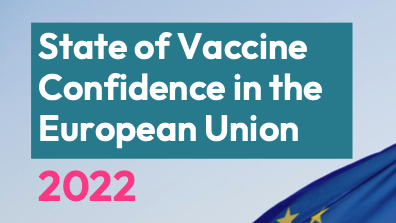Published by UNICEF since 1980, The State of the World’s Children report seeks to deepen knowledge and raise awareness of key issues affecting children, and advocates for solutions that improve children’s lives. The 2023 edition is the first UNICEF report with a sole focus on immunisation.
The State of the World’s Children 2023 was developed in collaboration with the VCP and uses Vaccine Confidence Index data from 2015, 2018, 2019 and 2022. It reveals that public perception of the importance of vaccines for children declined during the COVID-19 pandemic in 52 out of 55 countries studied.
The VCP have an accompanying publication which can be downloaded here. There are differences in the estimates of vaccine confidence between the SOWC report and this publication due to differences in methodological approaches. Our publication uses weighted individual data and also groups all pre- and post-pandemic surveys into a single cohort, rather than use the most recent survey available in each cohort. We note that this manuscript is a pre-print and is not peer-reviewed.
The perception of the importance of vaccines for children declined by more than a third in the Republic of Korea, Papua New Guinea, Ghana, Senegal and Japan after the start of the pandemic. China, India and Mexico were the only countries studied where the data indicates the perception of the importance of vaccines held firm or even improved. In most countries, people under 35 and women were more likely to report less confidence about vaccines for children after the start of the pandemic.
Vaccine confidence is volatile and time specific. Additional data collection and further analysis will be required to determine if the findings are indicative of a longer-term trend. Despite the falls, overall support for vaccines remains relatively strong. In almost half the 55 countries studied more than 80 per cent of respondents perceived vaccines as important for children.
However, the report warns the confluence of several factors suggest the threat of vaccine hesitancy may be growing. These factors include uncertainty about the response to the pandemic, growing access to misleading information, declining trust in expertise, and political polarisation.
Alarmingly, the decline in confidence comes amid the largest sustained backslide in childhood immunisation in 30 years, fuelled by the COVID-19 pandemic. The pandemic interrupted childhood vaccination almost everywhere, especially due to intense demands on health systems, the diversion of immunisation resources to COVID-19 vaccination, health worker shortages and stay-at-home measures.




